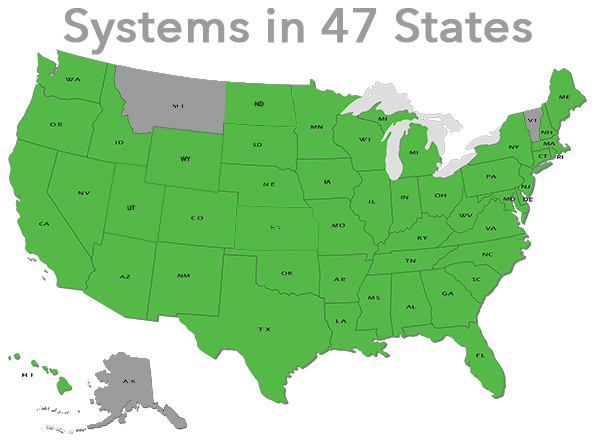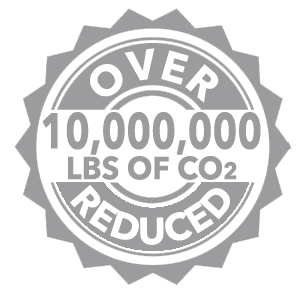Secretary Moniz Dedicates Innovative Commercial-Scale Cellulosic Biofuel Plant
WASHINGTON — Marking another milestone in the Administration’s support of clean energy technologies that will diversify our energy portfolio and help transition the U.S. toward a low-carbon future, Energy Secretary Ernest Moniz will deliver remarks today at the grand opening of Abengoa’s second-generation cellulosic ethanol plant in Hugoton, Kansas as part of Energy Action Month. Once operating at full commercial-scale, the biorefinery will produce up to 25 million gallons of cellulosic ethanol per year – enough to avoid 132,000 metric tons of carbon dioxide annually and equivalent to taking 28,000 vehicles off the road. The cellulosic ethanol produced at the Abengoa Bioenergy Biomass of Kansas (ABBK) facility, located about 90 miles southwest of Dodge City, Kansas, will be sold into the ethanol commodity market and used to fuel light duty vehicles.
"Every gallon of cellulosic ethanol produced and used to fuel our vehicles reduces the impact of harmful greenhouse gas emissions by greater than 60 percent as compared to conventional gasoline," said Secretary Moniz. "The Department is committed to supporting innovative technologies, from an early idea in the lab to a full, commercial-scale source of clean energy. As part of the Administration’s all-of-the-above approach to homegrown American energy, the production of cellulosic ethanol creates economic opportunities for rural communities, helps diversify our energy portfolio, and moves us closer to a low-carbon energy future."
Developed with the support of Energy Department investments, Abengoa’s Hugoton facility will be the nation’s third commercial-scale cellulosic ethanol biorefinery to come on line. The facility uses a proprietary enzymatic hydrolysis process, which turns cellulosic biomass, including non-edible corn stalks, stems and leaves, into fermentable sugars that are then converted into transportation fuels. To further support the local community, the state-of-the-art facility, which uses cellulosic biomass harvested within a 50-mile radius of the plant, will also feature an electricity cogeneration component that will generate up to 21 megawatts of electricity – enough to power itself and provide excess clean, renewable power to the local community.
In 2011, the project received a $132 million loan guarantee from the Department’s Loan Programs Office (LPO) to support construction of the commercial-scale facility. The project also previously received a $97 million cost-shared grant investment from the Department's Office of Energy Efficiency and Renewable Energy (EERE) before the loan guarantee was awarded. Since 2007, the Department of Energy has invested approximately $250 million to support the construction and technical development of cellulosic ethanol facilities.
Currently, LPO supports a diverse portfolio of more than $30 billion in loans, loan guarantees, and commitments, supporting more than 30 projects nationwide. The projects that LPO has supported include one of the world’s largest wind farms; several of the world’s largest solar generation and thermal energy storage systems; the first new nuclear power plant to begin construction in the United States in more than thirty years; and more than a dozen new or retooled auto manufacturing plants across the country.
Find more information on the Energy Department’s broader efforts to grow America’s biofuels industry here, and view our new video to see how bioenergy is changing our nation’s energy future.
























